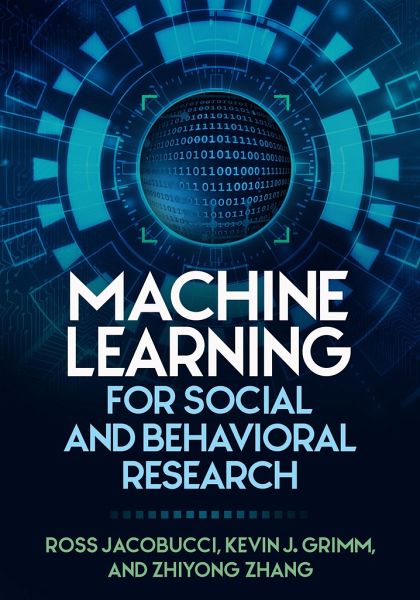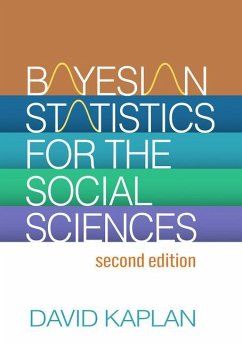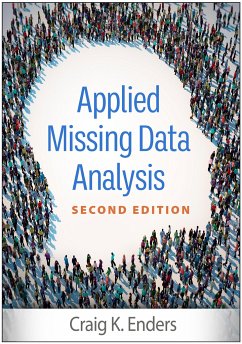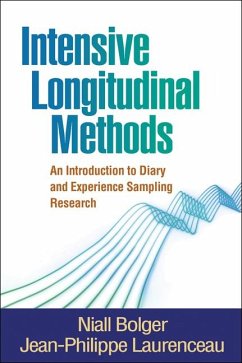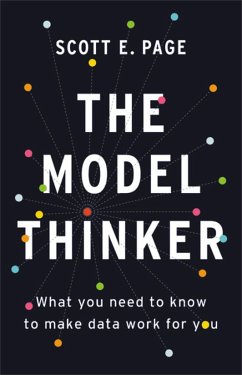Machine Learning for Social and Behavioral Research
Versandkostenfrei!
Versandfertig in 2-4 Wochen
Weitere Ausgaben:

PAYBACK Punkte
39 °P sammeln!




This book provides the skills needed to analyze and report large, complex data sets using machine learning tools, and to understand published machine learning articles. Techniques are demonstrated using actual data (Big Five Inventory, early childhood learning, and more), with a focus on the interplay of statistical algorithm, data, and theory.
Ross Jacobucci, PhD, is Research Assistant Professor in the Center for Healthy Minds at the University of Wisconsin-Madison. His research interests include the development and application of machine learning for clinical research, with a focus on suicide and nonsuicidal self-injury. Dr. Jacobucci is an active developer of open-source software for the R statistical environment. His website is www.rjacobucci.com. Kevin J. Grimm, PhD, is Professor of Psychology at Arizona State University. His research interests include multivariate methods for the analysis of change, multiple group and latent class models for understanding divergent developmental processes, nonlinearity in development, machine learning techniques for psychological data, and mathematics and reading ability development. Dr. Grimm is a recipient of the Early Career Research Award and the Barbara Byrne Book Award (for Growth Modeling: Structural Equation and Multilevel Modeling Perspectives) from the Society of Multivariate Experimental Psychology. Zhiyong Zhang, PhD, is Professor in Quantitative Psychology in the Department of Psychology at the University of Notre Dame, where he directs the Lab for Big Data Methodology. He has conducted research in the areas of Bayesian methods, structural equation modeling, longitudinal data analysis, and missing data and non-normal data analysis. His recent research involves the development of new methods and software for social network and text analysis. Dr. Zhang is the founding editor of the Journal of Behavioral Data Science. His website is https://bigdatalab.nd.edu.
Produktbeschreibung
- Verlag: Guilford Publications
- Seitenzahl: 416
- Erscheinungstermin: 11. Juli 2023
- Englisch
- Abmessung: 256mm x 181mm x 22mm
- Gewicht: 744g
- ISBN-13: 9781462552924
- ISBN-10: 1462552927
- Artikelnr.: 67484583
Herstellerkennzeichnung
Libri GmbH
Europaallee 1
36244 Bad Hersfeld
gpsr@libri.de
Für dieses Produkt wurde noch keine Bewertung abgegeben. Wir würden uns sehr freuen, wenn du die erste Bewertung schreibst!
Eine Bewertung schreiben
Eine Bewertung schreiben
Andere Kunden interessierten sich für



